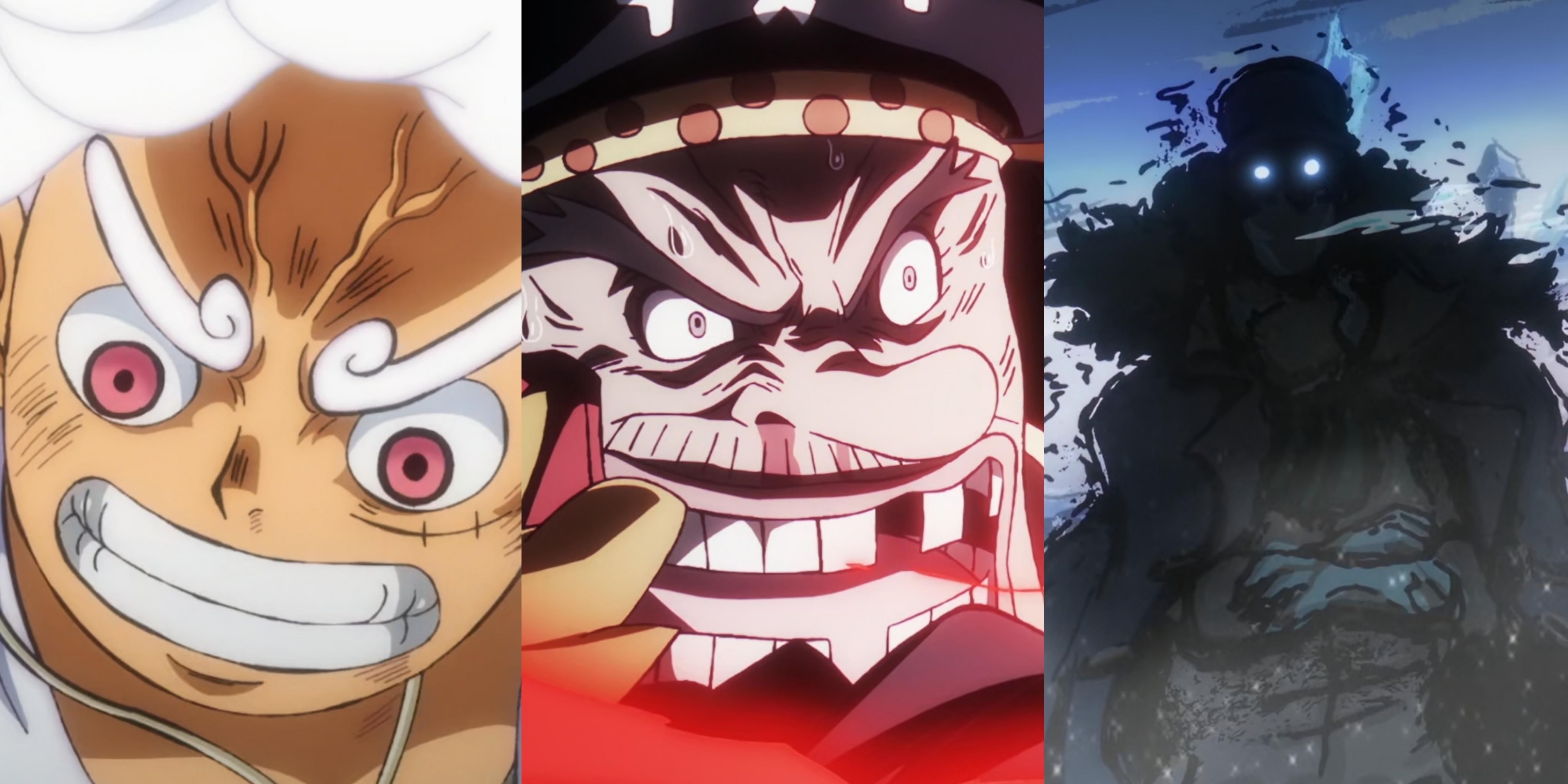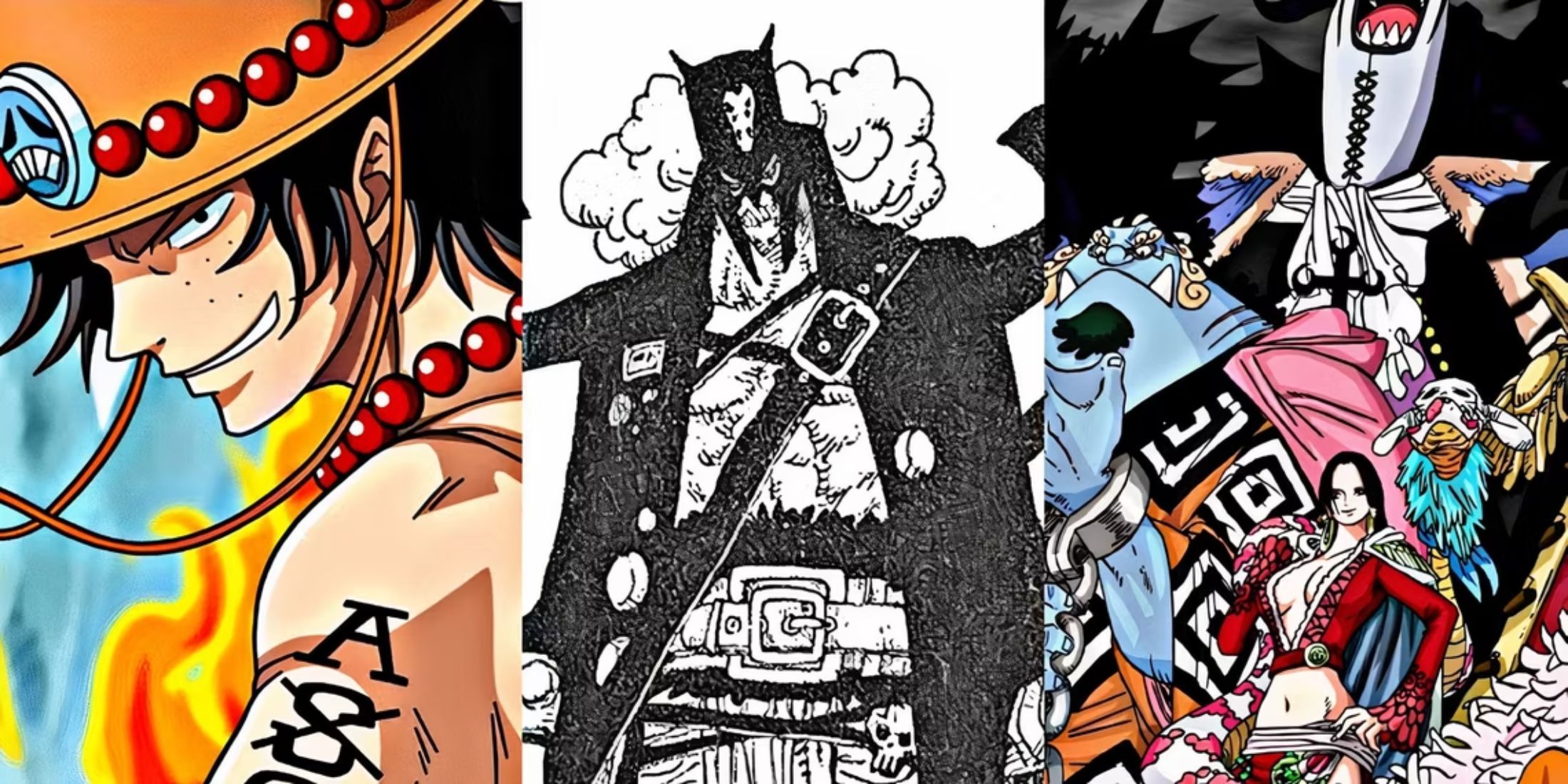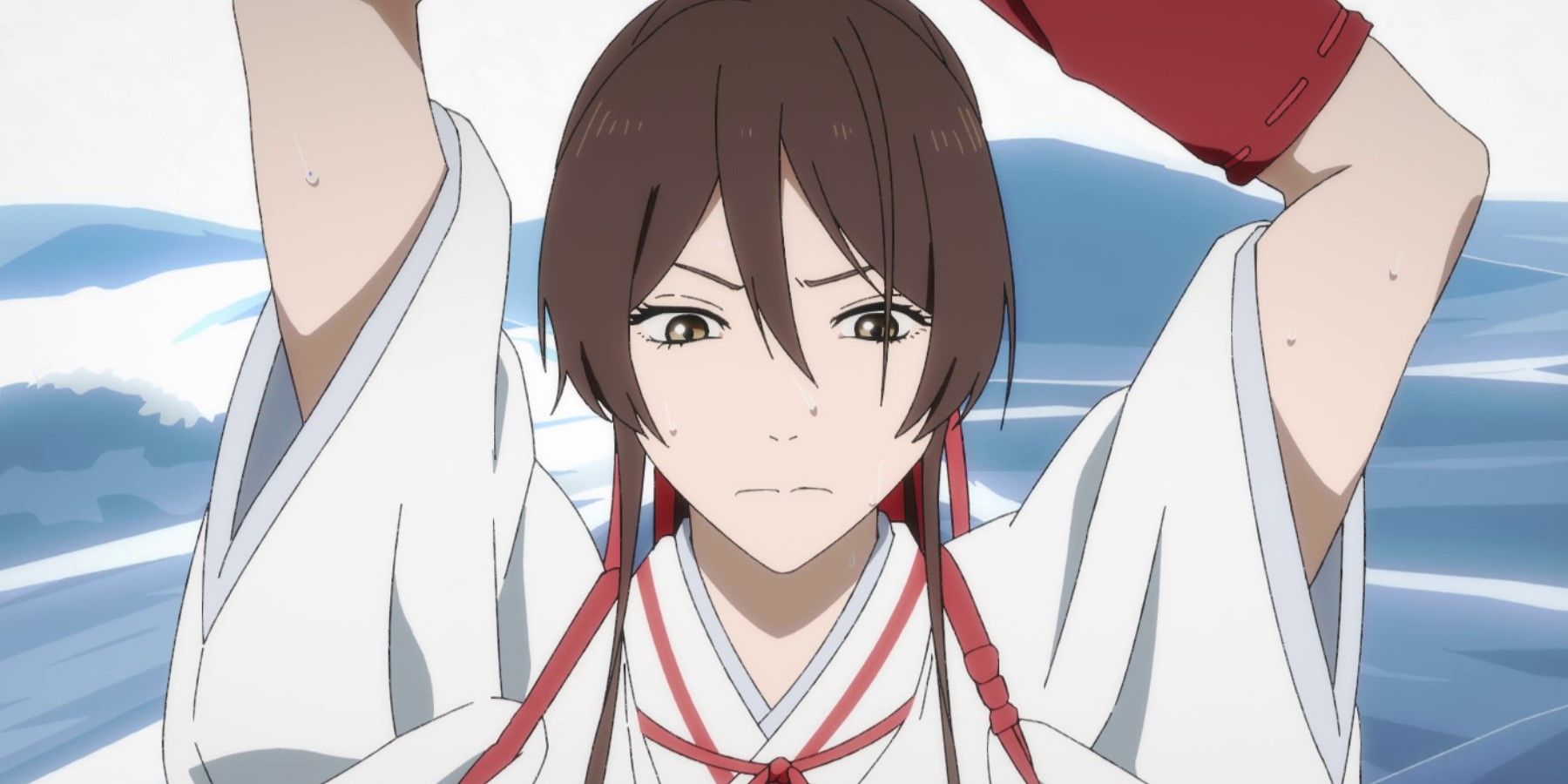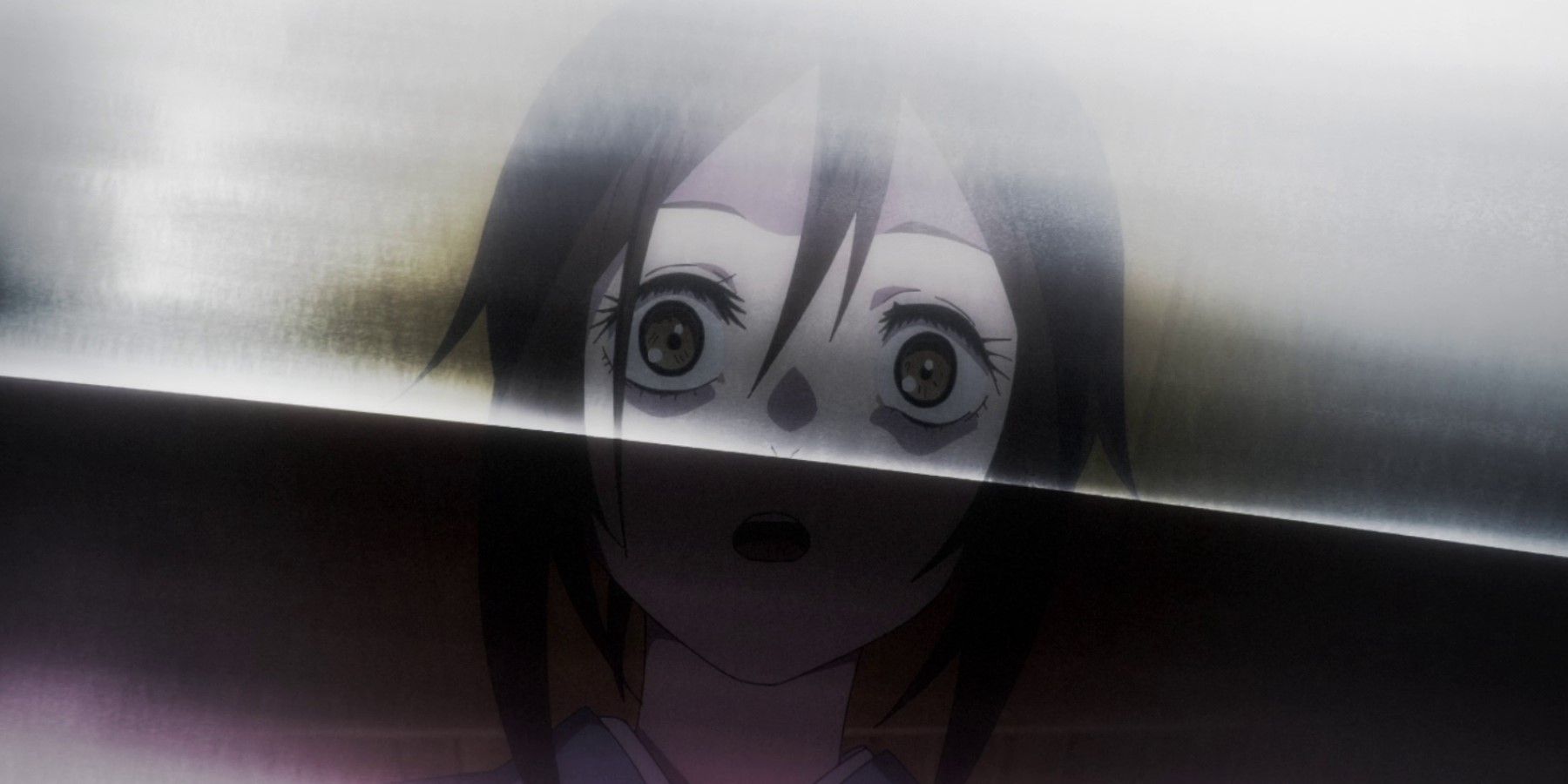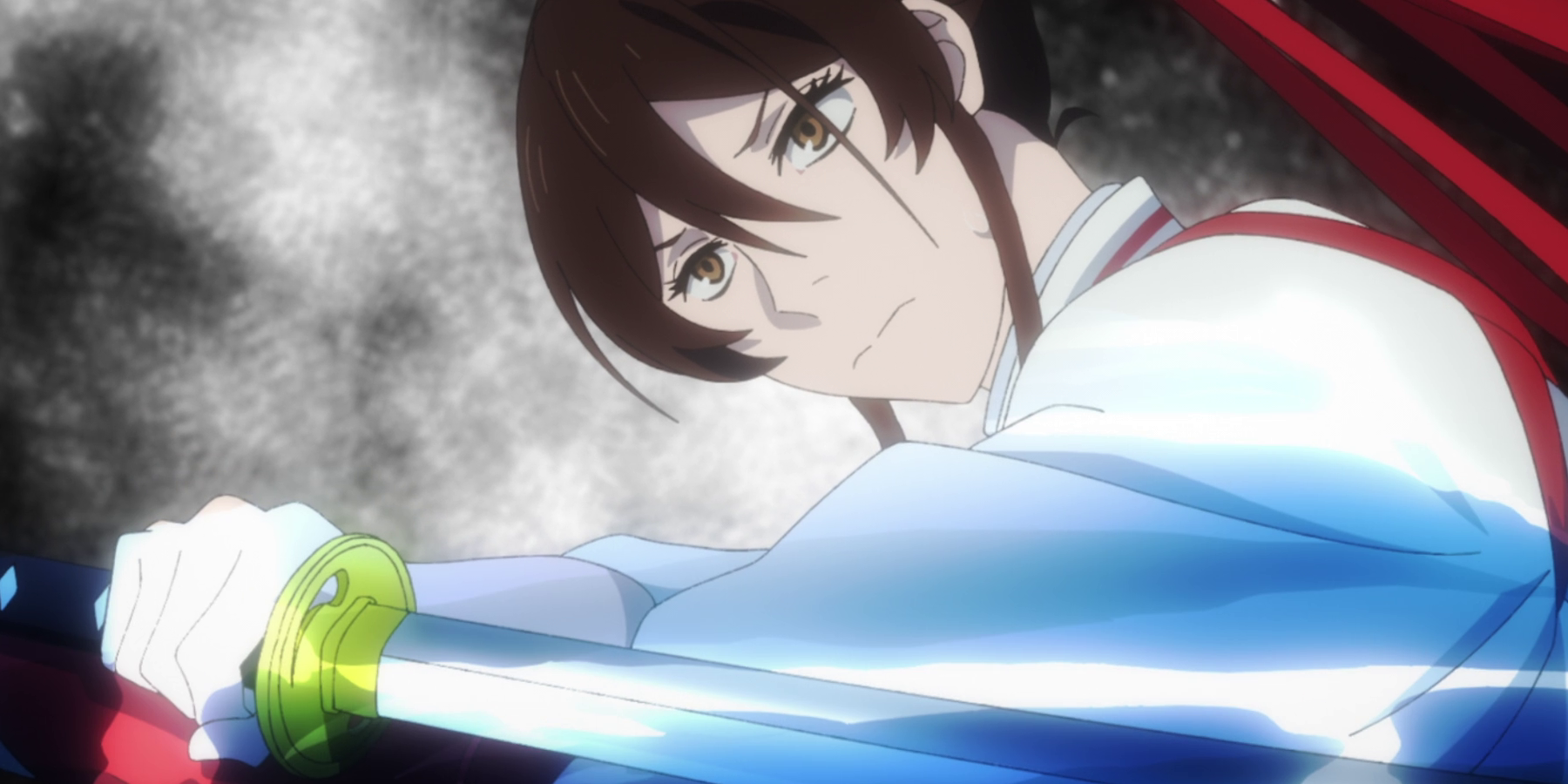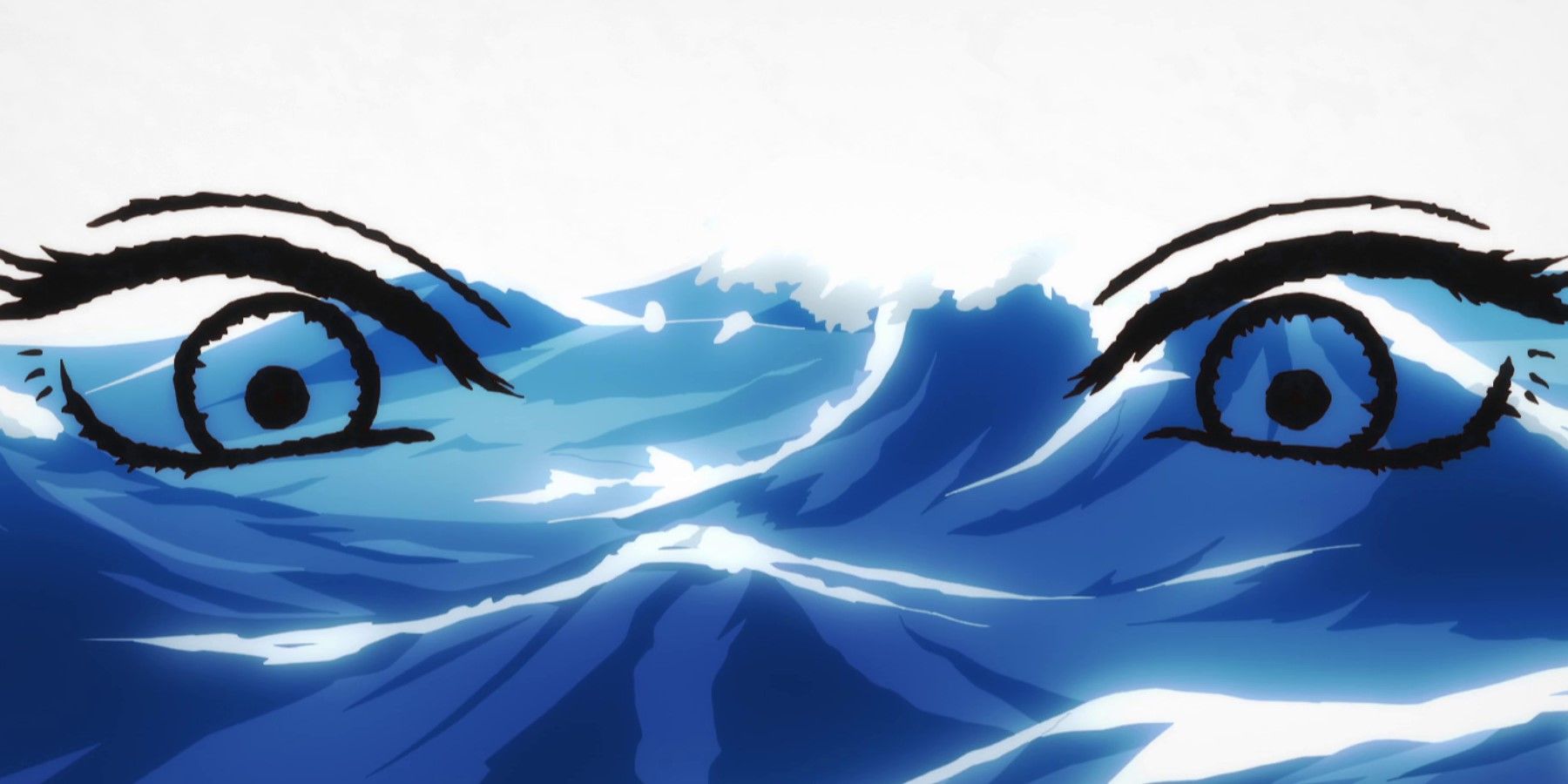“You must be shapeless, formless, like water. When you pour water in a cup, it becomes the cup. When you pour water in a bottle, it becomes the bottle. When you pour water in a teapot, it becomes the teapot. Water can drip and it can crash. Become like water my friend.”
– Lee Jun Fan (Bruce Lee)
Hell's Paradise: Jigokuraku began setting into the main part of its story with the introduction of the series' power system, Tao. With the characters themselves only now coming into contact with the mysterious force in their encounters with the powerful Tensen, Tao remains rather elusive for the majority of the surviving members of the Vanguard Party.
The series deuteragonist, Yamada Asaemon Sagiri, is a recognized threat by Gabimaru, who is assumedly the strongest human. Sagiri is definitely powerful; however, what makes understanding her a rather elusive task for Gabimaru, and even her Yamada Asaemon brethren, is her inconsistency and tendency to hesitate in battle. While she has struggled on Shinsenkyō, she is extremely powerful and the people around her get that – reason being, Yamada Asaemon Sagiri is a Tao genius before the concept is even introduced.
Emotionless
When the blade finds the seam between extended muscle, sinew, and bone... anybody—no matter how sturdy—can be cleaved. No matter how unconventional the opponent may be, the principles behind decapitation still hold. Know the body's framework and weave into the openings; such is the Yamada Asaemon way.
– Yamada Asaemon Sagiri
As an executioner and sword-tester from the Yamada Clan, Sagiri's training in swordsmanship was intense as Yamada Asaemon are expected to be elite samurai who can behead their targets in a single swipe of the blade. This signature ability of the Yamada Clan samurai who bear the Asaemon name is what earned them the nickname "Kubikiri Asa", which translates to "Decapitator Asa", with "Asa" meaning "morning". As Sagiri explains in the second episode during the flashback to her childhood, she developed a high standard for herself as an Asaemon from seeing her father, the previous head of the Yamada Clan and his perfect execution technique. She noted his ability to keep any and all emotion out of the blade in order to grant the criminal the most peaceful death. Sagiri recalls one instance in which her father's victim, a rakugoka who wished to be executed whilst in the middle of telling a story, couldn't even tell he had been decapitated; his body slumping over only when the story was finished.
In contrast with her father's brilliant command of the blade and understanding of human constitution, Sagiri was far less skilled and could not assuage her feelings of guilt over thriving from taking people's lives, and even in her present, Sagiri struggles to wield her blade against an enemy with full conviction. Two of her fellow Asaemon, Eizen and Genji, attributed Sagiri's hesitation to their sexist understanding of women as inherently emotional and lacking a place on the battlefield; however, both of them had to eat their words fairly quickly into their arrival on Shinsenkyō. As Genji lay dying, he entrusted his blade to Sagiri as an apology for telling her she couldn't be a formidable warrior because she's a woman and evidence of his belief in her as a samurai. Genji recognized Sagiri's powerful resolve, and noted the immediate contrast between the strength she'd just displayed in rejecting his suggestion that she leave, and the weakness in the tears she shed over his imminent death.
Formless
Prior to the selection of the criminals who'd be going to Shinsenkyō, Sagiri hesitated to kill three criminals who charged her with violent intent. She sloppily decapitates all three swiftly while fighting off nightmarish visions and her guilty conscience; however, Gabimaru's presence works as a catalyst for Sagiri's growth and acceptance of herself as someone who has rich emotions and someone who can be strong. As a kindred spirit who grapples with his own violence, Gabimaru acts as Sagiri's mirror and vice-versa; however, the reason for Sagiri's ability to do this lies in her high level of empathy.
Towards the conclusion of their fight in Hell's Paradise: Jigokuraku episode 3, as Gabimaru berates himself for being unable to inflict the killing blow on Sagiri, she tells him that his retention of emotions despite the brutal life he has led; his choosing of a different path and hesitance towards murder, despite being "Gabimaru The Hollow" is not a sign of weakness, but of strength. The key to understanding Sagiri's immense potential and strength lies in her understanding of the inherent contradiction within her and accept the extremes for what they are; accepting herself as she is, which opens her up to "The Middle Way", a position of immense significance in Dharmic religions as it is the awareness of
nothingness – the path to enlightenment. The fight against the Giant of Bizen, Rokurōta, was evidence of Sagiri's newfound confidence, and in moments of extreme focus, Sagiri's mind was likened to ocean waves.
Like Water
Water is fluid, soft and yielding. But water will wear away rock, which is rigid and cannot yield.
– Lao Zi
The blind samurai, Yamada Asaemon Shion, explains his ability to navigate so well despite not being able to see as his perception of a strange substance he refers to as "waves". By interpreting this flow of the energy given off by his surroundings, he is effectively able to create a map which enables him to navigate incredibly well and perceive danger before it arrives. "Waves" is an interesting thing to call it because of two things: the visualizations of Sagiri's mind as moving water, as well as the words of ancient Chinese philosopher Lao Tzu in the Taoist text known as the Tao Te Ching, in which he explains the strange paradox of the fluidity of water being able to overcome the rigidity of rock.
Lao Tzu's quote adds, "As a rule, whatever is fluid, soft, and yielding will overcome whatever is rigid and hard. This is another paradox: what is soft is strong." This is exactly what Mei tries to explain to Gabimaru and company during their encounter with the Dōshi; that Tao is something that exists as both strong and weak and the key to its use lies in understanding the contrasting extremities of one's internal reality. As someone who has accepted the weakness and strength within themselves long before the formal introduction of Tao to the series, Sagiri is someone who understood one of the most important aspects to the understanding of the force before she even knew that she had, making her a character of immense potential: a Tao genius.

